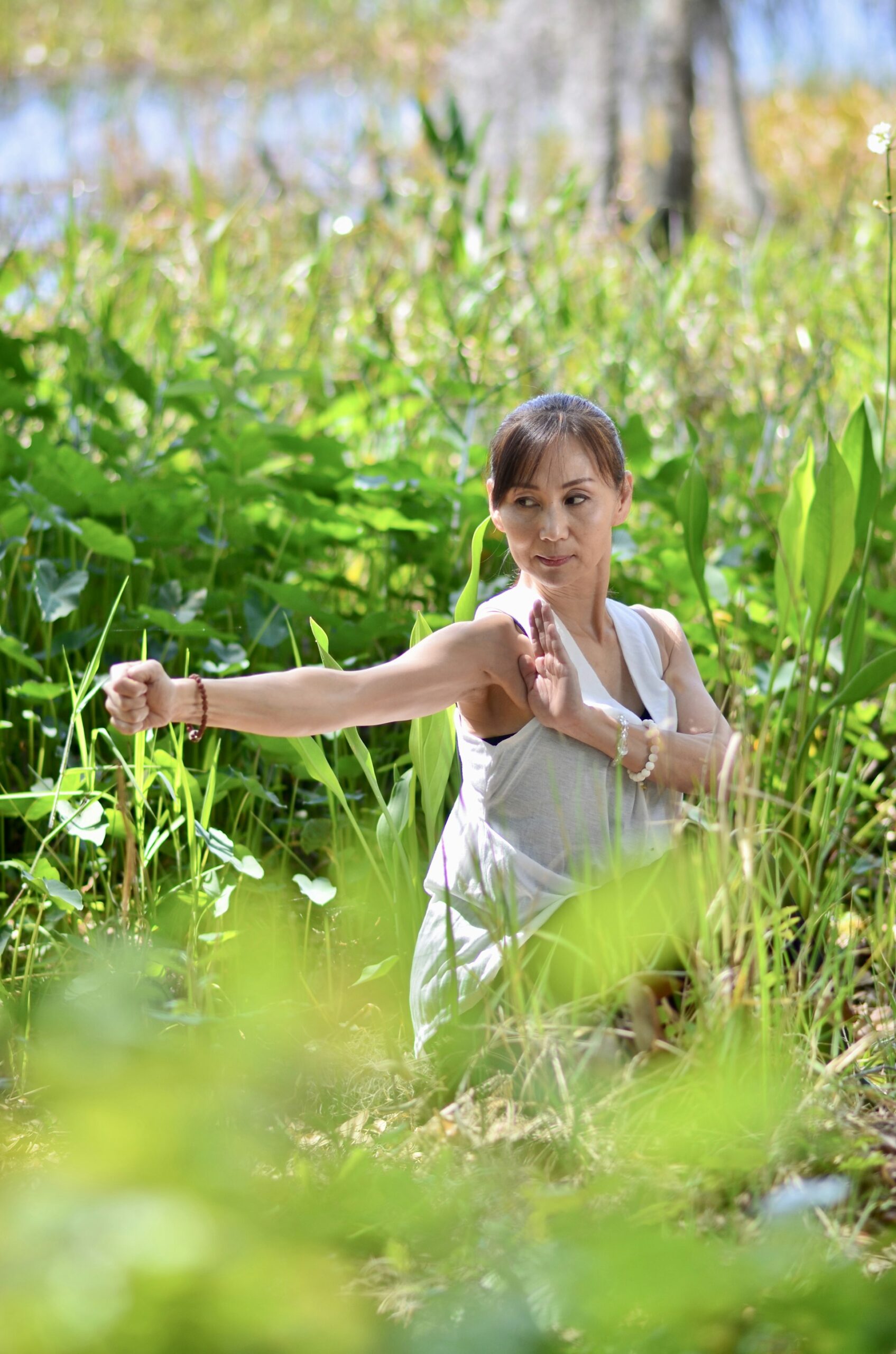Mindful Living: Unlock Calm, Clarity, and Resilience in Urban Life

Photo by Teng Yuhong on Unsplash
Introduction: The Urban Challenge and Mindfulness Solution
Modern city life is exhilarating but relentless. The constant noise, crowded spaces, and fast pace can leave urban residents feeling stressed, distracted, and disconnected. Yet, amid this turbulence, mindfulness offers a powerful antidote: a way to cultivate calm, clarity, and well-being, no matter how busy your environment may be [1] . In this article, you will discover why mindfulness is essential for urban living, how it benefits mental and physical health, and practical steps you can take today to integrate mindfulness into your daily city routine.
What Is Mindfulness? Core Principles for City Dwellers
Mindfulness means paying focused, non-judgmental attention to the present moment-your thoughts, feelings, and surroundings. This simple yet profound practice helps you become more aware of your experience instead of reacting to it automatically. In a city, where distractions are everywhere, mindfulness acts as an anchor, helping you stay grounded and present [1] .

Photo by Amin Zabardast on Unsplash
Scientific research shows that regular mindfulness practice can change the structure and function of the brain. It increases gray matter in areas related to memory, learning, and emotional regulation. Even a few minutes a day can lead to measurable improvements in mental health [1] .
Why Mindfulness Matters in Urban Life: Key Benefits
Practicing mindfulness in a city setting offers unique and essential benefits, including:
- Stress Reduction: Mindfulness helps you manage the cumulative stress of noise, crowds, and information overload. By learning to focus on the present moment, you can break the cycle of chronic tension and anxiety [3] .
- Improved Focus and Productivity: Mindfulness trains your attention, making it easier to concentrate on tasks despite external distractions. This leads to greater efficiency and satisfaction in both work and personal life [1] .
- Enhanced Emotional Resilience: By increasing self-awareness and emotional regulation, mindfulness allows you to respond more skillfully to urban stressors, from traffic jams to crowded commutes [3] .
- Better Relationships: Mindfulness fosters empathy and compassion, improving how you relate to colleagues, friends, and family amid the pressures of city life [3] .
- Physical Wellness: Mindfulness can support healthy habits, such as mindful eating and increased movement, helping urban residents avoid unhealthy coping mechanisms [5] .
Real-World Examples: Mindfulness in Action in the City
Consider the story of a young professional in New York City who began practicing mindfulness during her commute. Instead of checking emails or scrolling through her phone, she focused on her breath and the sensations of movement. Within weeks, she reported lower stress and increased satisfaction at work. Similarly, urban community programs that introduce mindfulness to youth have documented reduced anxiety, fewer conflicts, and improved academic performance [5] .
How to Practice Mindfulness in Urban Settings: Step-by-Step Guidance
Integrating mindfulness into a busy city lifestyle does not require a complete overhaul. Here are practical, actionable steps:
- Mindful Breathing: Take a few minutes each day to focus solely on your breath. Try this while waiting for public transit, during a break at work, or before a meeting. Notice the sensation of air entering and leaving your body. When your attention drifts, gently return it to your breath [1] .
- Body Scan: Set aside time-perhaps before bed or first thing in the morning-to mentally scan your body from head to toe, noticing areas of tension or relaxation. This practice can help you release stress and reconnect with physical sensations [1] .
- Walking Meditation: Transform your daily commute or a walk in the park into a mindful experience. Pay attention to each step, the rhythm of your movement, and the sights and sounds around you. If your mind wanders, gently bring it back to the present [1] .
- Mindful Eating: Instead of rushing through meals, set aside distractions and focus on the taste, texture, and smell of your food. This can help you enjoy eating more, recognize hunger and fullness cues, and avoid overeating [5] .
- Micro-Practices: Bring mindfulness into everyday moments-while answering emails, standing in line, or sitting in traffic. Simply pause, notice your breath or body sensations, and return your attention to the task at hand [5] .
Finding and Creating Mindful Spaces in the City
Even in dense urban areas, it is possible to create or find environments that support mindfulness:
Urban Green Spaces: Parks, gardens, and tree-lined streets are essential for city dwellers. Spending time in these spaces can reduce stress, improve mood, and enhance cognitive function. Studies show that access to green spaces correlates with better mental health outcomes and a greater sense of well-being [2] . If you work in a city, consider taking your lunch break in a nearby park, even for just 15 minutes. This simple habit can boost mood and productivity.
At-Home Retreats: Designate a corner or a small space in your apartment for mindfulness practice. Add calming elements like plants, soft lighting, or soothing music. This personal sanctuary can serve as a daily refuge from urban chaos [1] .
Overcoming Challenges: Making Mindfulness Work in Fast-Paced Environments
Urban residents often face obstacles such as noise, lack of privacy, and unpredictable schedules. To overcome these barriers:
- Start Small: Integrate mindfulness into brief moments throughout your day rather than waiting for perfect conditions [5] .
- Be Flexible: Adapt your practice to your environment. Use headphones to play guided meditations and block out noise, or practice mindful observation while riding public transport.
- Seek Community: Many cities offer mindfulness classes, meditation groups, or wellness workshops. To find local resources, search for “mindfulness classes” or “meditation groups” plus your city name. Local community centers, mental health organizations, and wellness studios often provide introductory sessions.
Alternative Approaches and Additional Resources
There is no single way to practice mindfulness, and some alternatives may suit your needs and lifestyle:
- Nature-Based Mindfulness: Practicing mindfulness outdoors can amplify its benefits. Nature immersion helps shift focus away from urban distractions, reduces anxiety, and enhances creativity [4] .
- Digital Tools: Apps and online programs can guide you through mindfulness exercises. When searching for digital resources, use reputable platforms and check user reviews or professional endorsements.
- Professional Support: For those seeking in-depth guidance, licensed therapists or counselors specializing in mindfulness-based approaches can provide personalized support. To find a qualified professional, consult your city’s mental health association or search for “mindfulness therapy” in your area.
Getting Started: Actionable Steps for Urban Residents
If you’re ready to bring mindfulness into your urban life, consider these steps:
- Identify opportunities for mindfulness in your current routine, such as during commutes or breaks.
- Experiment with different techniques-breathing, mindful walking, or guided meditations-to find what fits best.
- Seek out green spaces in your neighborhood and make them part of your weekly schedule.
- Connect with local mindfulness or meditation groups for support and accountability.
- Consider professional resources if you encounter persistent challenges or want to deepen your practice.
Remember, you do not need to overhaul your life to experience the benefits of mindfulness. Small, consistent shifts can transform your experience of urban living, bringing greater calm, clarity, and resilience-one moment at a time.
References
- [1] Better Communities Counseling (2024). Mindfulness Practices: Enhancing Mental Well-being in Busy Cities.
- [2] Mindful City Living (2023). Discover the Benefits of Green Spaces in Cities: Enhance Your Urban Life with Mindfulness and Community Well-Being.
- [3] Nina Lauren Psychotherapy (2024). Mindfulness & Lifestyle Management in NYC.
- [4] Therapy Connection Online (2024). Exploring Nature’s Therapeutic Benefits for Mental Health.
- [5] NIH News in Health (2012). Mindfulness Matters.



